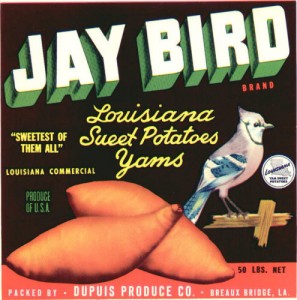
- Understatement alert: per the official Congressional Research Service on Capitol Hill, “For the moment…one thing seems certain: implementation of the CPSIA is not going well.” [report in PDF format courtesy ShopFloor]
- In Wisconsin, the Madison Children’s Museum has for the past 21 years based its annual fundraiser (July 18, this year) on a big discount sale of American Girl dolls and accessories. Worse luck for them.
- “Anti-recycling”, maybe? Is there a word for what happens when you yank perfectly safe, useful products off shelves by the ton and send them instead to landfills?
- Blast from the past dept.: if you think Public Citizen has made a mess of the risk and science issues in its advocacy on behalf of CPSIA, you should check out the world-class mess it made when it enlisted in the trial lawyer campaign against silicone breast implants, to name but such one campaign of many.
- Powersports dealers wary of whether new stay of enforcement really protects them [DealerNews, Sioux City (Iowa) Journal]
- The first senior, influential Senate Democrat to acknowledge that CPSIA needs fixing? Montana’s Max Baucus is willing at least to sign on to a legalize-minibikes bill.
- In the comments section on NPR’s phthalates story earlier this month, one of the most-recommended comments was that by Steven Tesney of Houston, who wrote, “As a result of CPSIA and the surrounding political grandstanding, my small home-based company will be going out of business. I design clothing for ‘Alternative’ families with infants, toddlers & kids. My products are organic and use natural dyes but because of new testing requirements that are completely cost prohibitive, I will be forced – along with hundreds of thousands of crafters, artisans and other small business owners – to close my doors. The only companies that will be able to afford the testing will be large corporations (many from China). Mass produced goods win while homemade, handcrafted goods lose. Say goodbye to the charming hand carved wooden toys & crocheted baby caps that you take to baby showers. Say hello to a plethora of licensed products staring back at your children.”
- “CPSIA and the black market” [Wacky Hermit]

Public domain image courtesy ChildrensLibrary.org: Walter Crane, illustrator, The Baby’s Aesop (1887)

 Many observers
Many observers  Well! If a bill has 41 cosponsors, it must have been well vetted, right? (CPSIA
Well! If a bill has 41 cosponsors, it must have been well vetted, right? (CPSIA